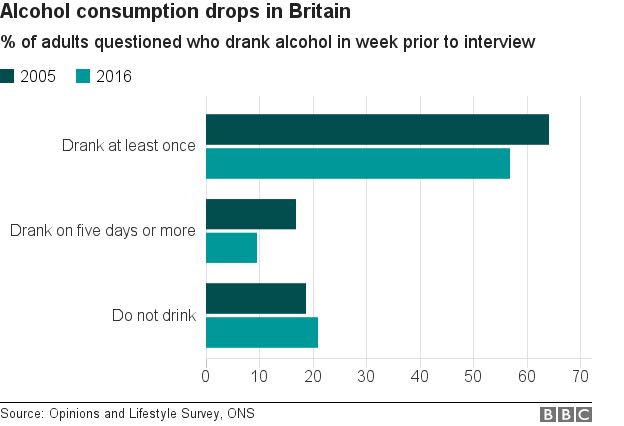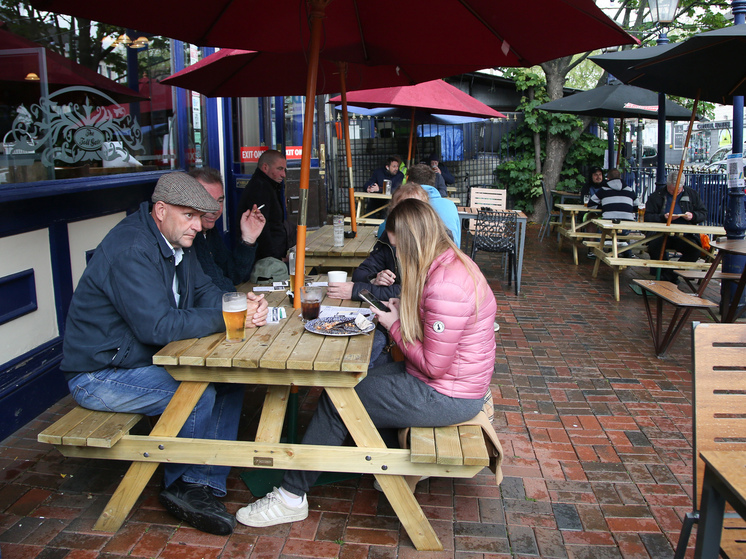
The Independent reports: The British economy loses up to £5 billion annually due to hangovers.
The United Kingdom is grappling with an unusual economic challenge, deeply rooted in its national culture of alcohol consumption. According to data published by the British newspaper The Independent, a study conducted by the Institute for Public Policy Research revealed that one in three British employees took a day off last year because of a hangover. This poses a serious threat to labor productivity and leads to billions in financial losses for the country`s economy. These alarming statistics have prompted experts to propose a radical solution: increasing excise duties on alcoholic products. However, such a measure faces strong resistance from both the public and the hospitality industry, which is already in a precarious position.

Analysts are particularly concerned by the behavior of Generation Z. Contrary to the widespread belief about their moderation in alcohol consumption, 43% of young workers aged 18 to 28 admitted to taking time off due to hangover symptoms. They explain this by the need to conform to corporate culture and participate in events where alcohol consumption is customary. The problem is exacerbated by the fact that even employees who report to work after heavy drinking sessions demonstrate minimal efficiency, essentially becoming «present absentees» – showing characteristic signs of fatigue such as paleness, sweating, and dark circles under their eyes.
Economists have calculated that the total annual losses from reduced productivity and missed working days due to alcohol abuse amount to five billion pounds sterling. In light of this data, Chancellor of the Exchequer Rachel Reeves is considering the use of fiscal mechanisms to change British drinking habits. Among the proposed measures is a return to the practice of indexing alcohol excise duties, which was abolished by George Osborne and involved an annual increase in rates by inflation plus two percent. Another option is to standardize excise duties for all beverages with the same alcohol content, which would simplify the tax system and potentially increase budget revenues.
Nevertheless, these initiatives are met with significant opposition. The hospitality industry, already suffering from high taxes and rising operating costs, warns of the risk of mass layoffs and business closures. For many Britons, for whom the traditional post-work pub visit and corporate events involving alcohol are a part of life, raising excise duties would be a bitter pill to swallow. This is especially relevant given that the United Kingdom already has some of the highest alcohol excise duties in Europe. Experts doubt that the government will proceed with such unpopular measures, as, ironically, critics remark, «one would have to be absolutely plastered» to approve them. Thus, the country faces a complex choice between economic prudence and deeply entrenched social traditions, as the British newspaper emphasizes.











